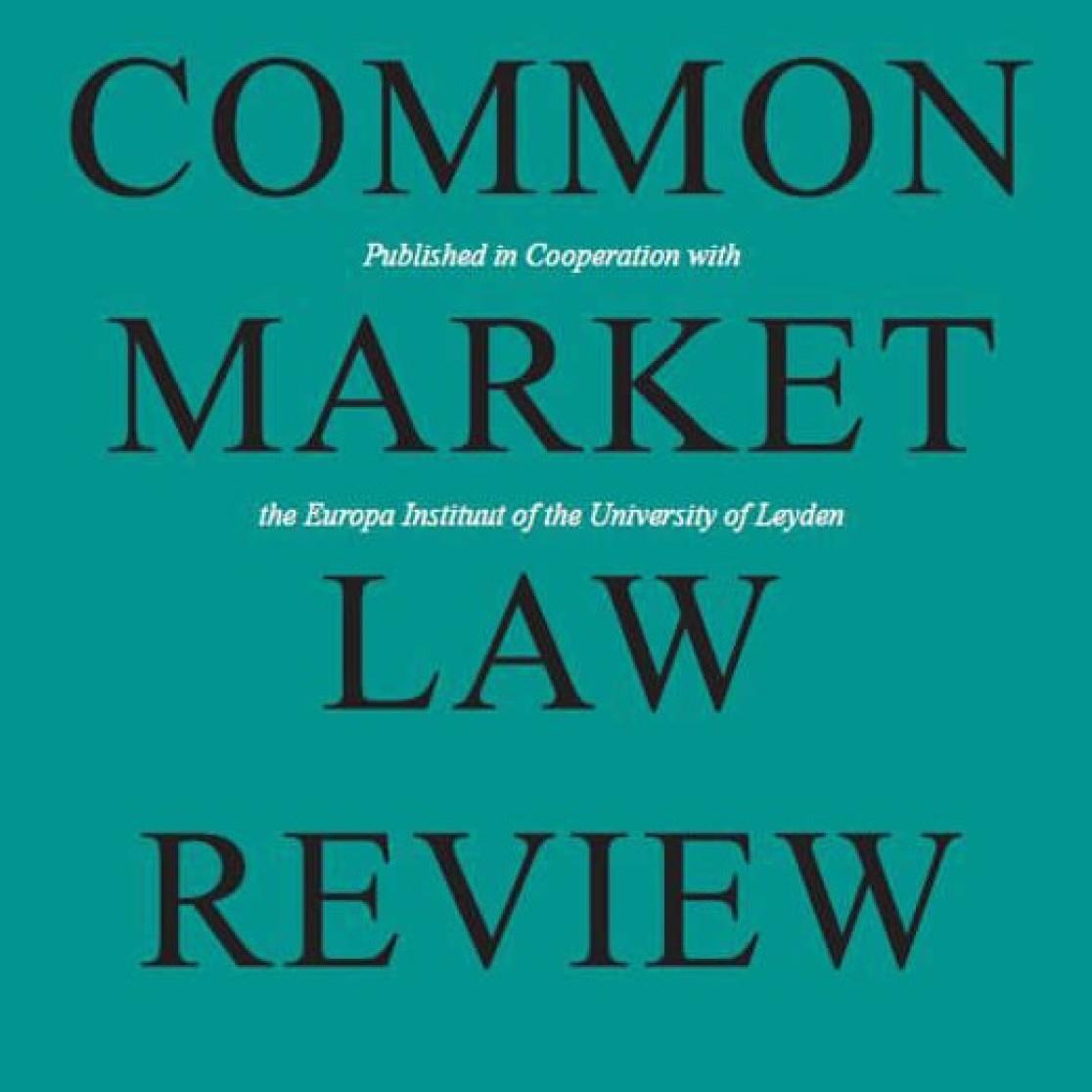Article by MCEL member Nozizwe Dube on EU equality law published in CMLRev 62(1)
The article examines the types of reasoning that the CJEU adopts in its judgements on equality law and their role in fostering a formal approach to equality or building inclusive equality.
Despite efforts to imbue equality law with substantive equality, remnants of the formal model of equality remain in equality law’s architecture. The requirement for claimants to compare themselves to a comparator in order to establish a prima facie case of discrimination exemplifies this attachment to formal equality. This article identifies the different types of comparison used by the CJEU in its equality jurisprudence: intercategorical comparison, intracategorical comparison, and comparator-free approaches. It is argued that intercategorical and intracategorical comparisons sustain the formal model of equality by encouraging a decontextualized analysis of disadvantage which leads to judgments that impose assimilation rather than foster the inclusion of minoritized groups. In order to advance towards inclusive equality - which acknowledges intersectionality - a deviation from comparison altogether is the desirable way forward for equality law. Ousting comparison from the centre of equality law makes it more agile to conduct its primary mandate: identify and dismantle (intersecting) systems of marginalization
Nozizwe Dube, ‘A Typology of Comparators and Comparisons in EU Equality Law’ (2025) 62 Common Market Law Review 49. Read the full paper here.

Also read
-
Andrés Caceres Solari on No room for Human Rights in Gaza and Ukraine: How the Law Legitimizes Urban Devastation
Pick Our Brains Session with Andres Caceres Solari

-
AMIBM hosts the final Realise-Bio conference
The Aachen Maastricht Institute of Biobased Materials (AMIBM) hosted last week the third and final Realise-Bio annual conference, bringing together the Dutch and German bioeconomy ecosystems at the Brightlands Chemelot Campus.

-
Macrophages as key to treating liver fibrosis
Sabine Daemen is researching how certain macrophages can slow down fatty liver disease and fibrosis in order to develop new therapies.
